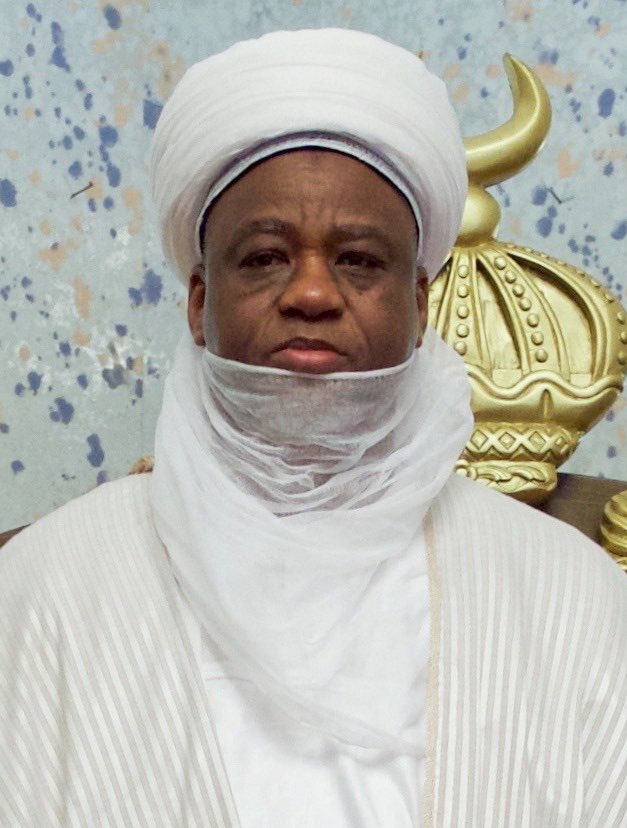In a recent address to His Eminence, Alhaji Muhammad Sa’ad Abubakar, CFR, His Royal Majesty, Oba OmoTooyosi Adebayo M. Akinleye, has shed light on the transformation of the judicial system in Yorubaland, emphasizing the shift from the traditional Osugbo/Ogboni judicial system to a more inclusive and secular legal framework. His remarks highlight the need to preserve Nigeria’s constitutional secularism to ensure justice, equity, and societal harmony in a multi-religious and multi-ethnic country.
The Traditional Osugbo/Ogboni System and Its Evolution
For centuries, the Osugbo/Ogboni judicial system played a central role in governance and justice within Yoruba society. Functioning as a high court, this institution was deeply embedded in the traditional governance structure, influencing both legal and social matters. The system not only ensured law and order but also maintained a strong moral code that reflected the values of the time.
However, as Nigeria moved towards modern statehood and embraced a national legal framework based on constitutional law, Yorubaland witnessed a gradual transition away from these indigenous legal systems. The shift was driven by the need for a more universal legal structure that respects individual freedoms, aligns with democratic principles, and provides a legal system that applies to all citizens, regardless of their cultural or religious backgrounds.
According to Oba Akinleye, this transition reflects a broader societal evolution towards laws that uphold fundamental human rights, such as freedom of thought, conscience, and religion. The modern legal system ensures that justice is served in a manner that is impartial and not restricted by the doctrines of any particular cultural or religious institution.
The Secular State and the Question of Sharia Law in the Southwest
Oba Akinleye also addressed concerns about the potential implementation of Sharia Law in the Southwest, warning that such a move could undermine the constitutional secularism of Nigeria. The country’s legal framework is built on the principle that no religion should be adopted as a state religion, guaranteeing every individual the right to freedom of religion without coercion or undue influence from the state.
The monarch stressed that while Sharia Law is recognized in some parts of Nigeria, particularly in the North where Islamic law has historical roots, imposing it in the Southwest would be problematic. The region is home to a diverse population that includes Christians, Muslims, and adherents of traditional African religions. Introducing a legal system based on one religion could create tension, legal ambiguity, and social discord.
“The introduction of Sharia in the Southwest could potentially undermine our secular framework, leading to tensions and conflicts not only between religious groups but also within the broader societal fabric,” Oba Akinleye cautioned. He noted that while religious communities have the right to practice their faith, governance and legal matters should remain within the purview of a neutral and universally applicable legal system.
The Benefits of a Secular Judicial System
The Yoruba monarch highlighted the advantages of maintaining a secular legal system, noting that it fosters peace, unity, and economic development. A judiciary that is independent of religious influence ensures that all citizens, regardless of their beliefs, are treated equally under the law.
“The secular approach has been beneficial in promoting peace, unity, and development by providing a common legal ground where all citizens, regardless of their faith or belief, can coexist harmoniously,” he said.
He emphasized that secular governance does not mean the suppression of religious freedom; rather, it ensures that the rights of every religious group are protected without state interference. This approach, he argued, is essential for sustaining a society where justice is fair, impartial, and accessible to all.
A Call for Constitutional Adherence and Social Harmony
Oba Akinleye concluded his message by urging all stakeholders—traditional leaders, religious institutions, and political authorities—to uphold the secular principles enshrined in Nigeria’s constitution. He called for continuous dialogue and collaboration to strengthen the country’s legal and governance structures while respecting cultural heritage and diversity.
His remarks add to the ongoing national discourse on the intersection of law, religion, and governance, emphasizing the need for a legal system that is inclusive, just, and aligned with Nigeria’s democratic ideals. As the country navigates complex legal and social challenges, his advocacy for secularism serves as a reminder of the importance of maintaining a judicial framework that protects the rights of all citizens in a pluralistic society.




